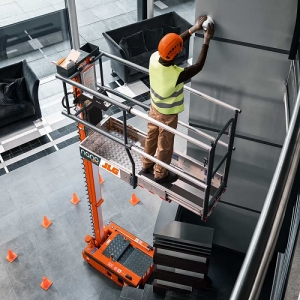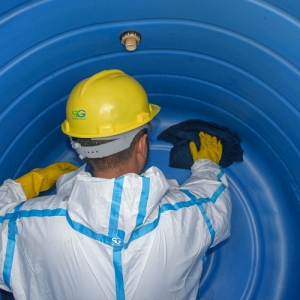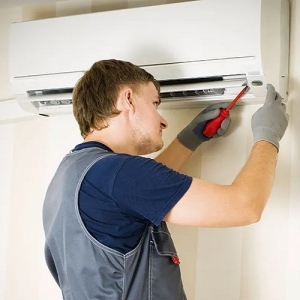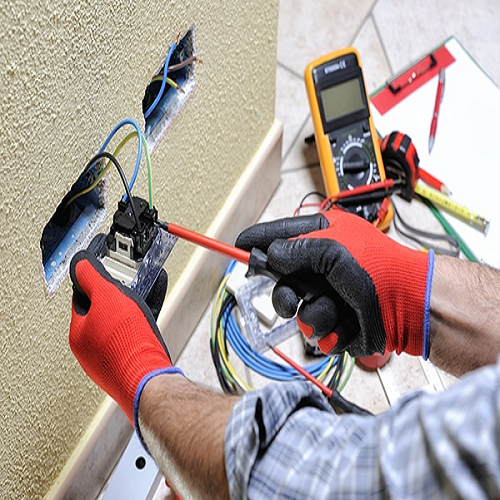Civil Work Maintenance

Civil Work Maintenance
Regular maintenance tasks often include cleaning, lubricating, and adjusting mechanical systems such as HVAC (heating, ventilation, and air conditioning) units, plumbing, and electrical systems. Additionally, structural maintenance may involve repairing cracks, reinforcing foundations, and replacing worn-out components. Timely maintenance not only extends the lifespan of infrastructure but also ensures optimal performance, reducing energy consumption and operational costs.
Emergency maintenance services are another crucial aspect of civil work maintenance. These services address unexpected issues such as burst pipes, electrical failures, or structural damage caused by natural disasters or accidents. Prompt response and efficient resolution of emergencies are essential to minimize downtime and mitigate further damage, ensuring the safety and functionality of the affected structures.
Furthermore, preventive maintenance plays a significant role in civil work maintenance services. This proactive approach involves scheduled inspections, repairs, and replacements to prevent potential failures and prolong the lifespan of infrastructure. By identifying and addressing minor issues before they escalate into major problems, preventive maintenance helps to minimize disruptions and expenses while maximizing the reliability and performance of civil structures.
Technology also plays a crucial role in modern civil work maintenance services. Advanced monitoring systems, sensors, and predictive analytics enable real-time monitoring of infrastructure health and performance. This data-driven approach allows maintenance teams to anticipate maintenance needs, optimize resource allocation, and prioritize tasks effectively, ultimately enhancing the efficiency and effectiveness of maintenance operations.
Send Enquiry








